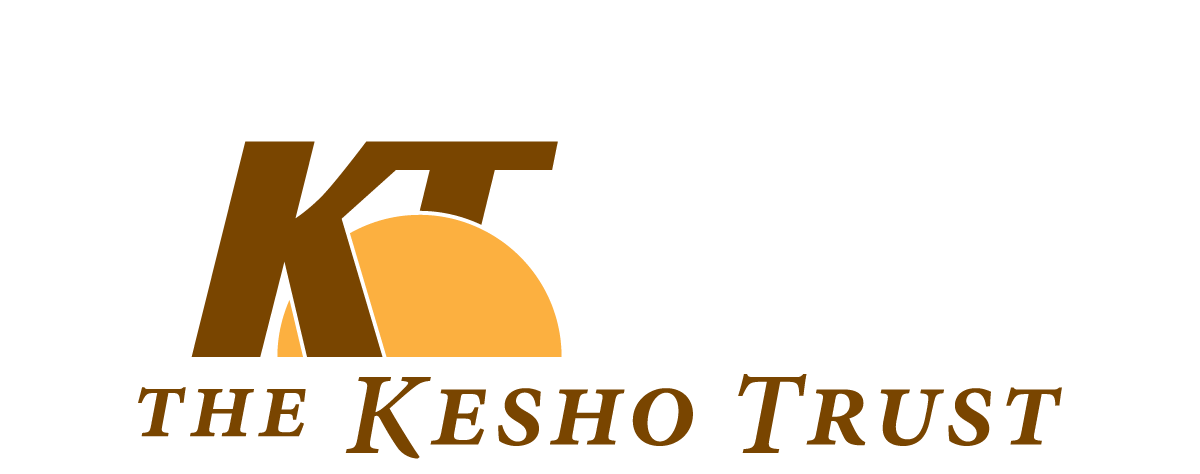What is the PAPR?
The Protected Areas and Poverty Reduction Research Alliance [PAPR] is a consortium of organizations in three countries, Canada, Ghana, and Tanzania that are researching the relationship between protected areas and poverty in an effort to assist local communities to develop mechanisms to more effectively benefit from the adjacent conservation areas. The consortium is led by Dr. Grant Murray at Vancouver Island University. Researchers from all three countries will be coordinating their efforts and comparing results so as to better share experience and apply new and innovative solutions to their local situations. The research will be focused on four thematic areas of inquiry [for more detail see Themes]:
- Optimizing equitable benefits
- Managing human-wildlife interactions
- Improving protected area governance
- Mobilizing new and existing knowledge
Study Sites
Study sites have been identified in each country where efforts will be focused. Sites have been chosen where multiple aspects of the research focus will provide a richness of experience and learning. In Canada the study focus will be on the Pacific Rim National Park Reserve and the Tribal Parks of the Tla-o-qui-aht First Nation. In Ghana, three sites have been selected: Bui National Park; Mole National Park; and, Avu Lagoon Community Protected Area. In Tanzania Saadani National Park and Serengeti National Park [with the adjacent community controlled Wildlife Management Areas] are the two sites selected [for more detailed information see Research Sites].
How the Kesho Trust is Involved
The Kesho Trust is a community partner in Tanzania within the PAPR and will be focusing effort on the engagement with communities in the research sites in Tanzania. We will also be promoting and supporting researchers in the study areas in Tanzania and welcome expressions of interest from similarly focused researchers. The PAPR will also be organizing and participating in public events and conferences during the course of the program to highlight the work of the consortium. These events will be announced on this website and in our regular newsletters.
Who is involved?
In each country there are institutional, agency and community partners. All those involved are listed here as participants in the project.
Recent Kesho Trust activities in PAPR
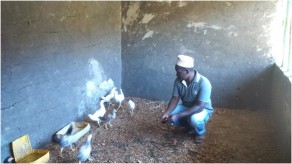 February, 2015 -The Mkwaja chicken rearing facility project was completed. The community group that has taken on the project had members trained in its operation, completed the construction, opened a bank account to run the facility and purchased the initial chickens asnd asociated materials needed for the successful long term operation. The funds from Help Every Day were critical to the implementation of the project and their suport was greatly appreciated. Some supplementary funding in the form of a community project grant, came through the Kesho Tust from the PAPR. A final report on the project has been prepared and posted on our website.
February, 2015 -The Mkwaja chicken rearing facility project was completed. The community group that has taken on the project had members trained in its operation, completed the construction, opened a bank account to run the facility and purchased the initial chickens asnd asociated materials needed for the successful long term operation. The funds from Help Every Day were critical to the implementation of the project and their suport was greatly appreciated. Some supplementary funding in the form of a community project grant, came through the Kesho Tust from the PAPR. A final report on the project has been prepared and posted on our website.
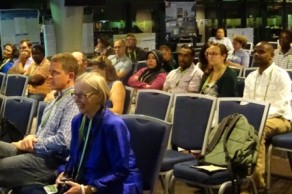 November, 2014 – The PAPR team hosted a session at the World Parks Congress in Sydney Australia. Posters were presented on a variety of the research topics addressed during the course of the project. The work of the Kesho Trust and our work in Saadani were well represented by three posters which: 1) outlined Bruce Downie’s doctoral research; presented preliminary findings from the poverty research being conducted by Lorraine Wapling and Bruce Downie; and, 3) presented the concepts and and partnerships involved in our Kihembe initiative.
November, 2014 – The PAPR team hosted a session at the World Parks Congress in Sydney Australia. Posters were presented on a variety of the research topics addressed during the course of the project. The work of the Kesho Trust and our work in Saadani were well represented by three posters which: 1) outlined Bruce Downie’s doctoral research; presented preliminary findings from the poverty research being conducted by Lorraine Wapling and Bruce Downie; and, 3) presented the concepts and and partnerships involved in our Kihembe initiative.
July, 2014 – The PAPR is officially complete. Funding from the project was provided over the past 5 years from the Social Sciences and Humanities Research Council of Canada [SSHRC] and the International Development Research Centre [IDRC]. Their support throughout is most appreciated. Findings from the research in all study areas will be presented at the World Psrks Congress in Sydney, Australia in November, 2014 and a book is under development which will highlight work in each fo the theme areas identified within the project.
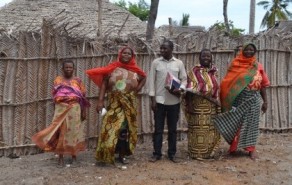 May, 2014 – The research committees of the communities in the Saadani study area each had identified projects they wished to pursue based on the research they conducted through the PAPR. In Mkwaja, a group was formed to develop a chicken rearing facility that would assist the community and our partner Help Every Day like the concept and have raised the necessary funds to assist the community in the effort. With coordinating support from Kesho Trust staff member, Peter Millanga, the project is now well on its way to becoming a reality.
May, 2014 – The research committees of the communities in the Saadani study area each had identified projects they wished to pursue based on the research they conducted through the PAPR. In Mkwaja, a group was formed to develop a chicken rearing facility that would assist the community and our partner Help Every Day like the concept and have raised the necessary funds to assist the community in the effort. With coordinating support from Kesho Trust staff member, Peter Millanga, the project is now well on its way to becoming a reality.
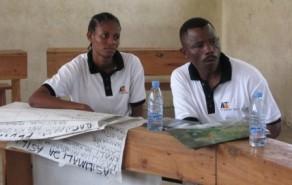 February – March, 2014 – Lorraine Wapling [Kesho Trust Advisor] and Bruce Downie [Kesho Trust Director] worked with representatives from the PECC groups in the 6 communities in the Saadani area to investigate the factors influencing people’s sense of well-being. Workshops were held in the area and committee members subsequently conducted workshops in their own communities and then interviews with selected residents. The data is being collated and written up as a case study within the PAPR. The results will also be posted on our website when completed.
February – March, 2014 – Lorraine Wapling [Kesho Trust Advisor] and Bruce Downie [Kesho Trust Director] worked with representatives from the PECC groups in the 6 communities in the Saadani area to investigate the factors influencing people’s sense of well-being. Workshops were held in the area and committee members subsequently conducted workshops in their own communities and then interviews with selected residents. The data is being collated and written up as a case study within the PAPR. The results will also be posted on our website when completed.
 June 2013 – An international workshop was held in Tofino, British Columbia, Canada [see photo on the right] for three days following a major Canadian national congress at which many of the researchers within the PAPR presented their work. Tofino is a small community on Vancouver Island adjacent to Pacific Rim National Park/ This area was the Canadian study area in the PAPR. The PhD students funded under the project also presented their work at the workshop in Tofino. In the second picture on the right Alex Kisingo [College of African Wildlife Management, Mweka] is shown making his presentation. The other Tanzanian students – Mazaruli Baker [also Mweka] and Enoch Mkupa [University of Dodoma] also presented.
June 2013 – An international workshop was held in Tofino, British Columbia, Canada [see photo on the right] for three days following a major Canadian national congress at which many of the researchers within the PAPR presented their work. Tofino is a small community on Vancouver Island adjacent to Pacific Rim National Park/ This area was the Canadian study area in the PAPR. The PhD students funded under the project also presented their work at the workshop in Tofino. In the second picture on the right Alex Kisingo [College of African Wildlife Management, Mweka] is shown making his presentation. The other Tanzanian students – Mazaruli Baker [also Mweka] and Enoch Mkupa [University of Dodoma] also presented.
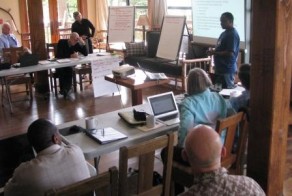
The Tofino workshop developed a strategy for consolidating the research findings and making plans for publication and dissemination of the results. A PAPR book and special edition journal are proposed. Action plans for community engagement in the various study areas of the project were also discussed to ensure local feedback on the research.
The Kesho Trust is planning community events in the Saadani study area of Tanzania for early in 2014.
